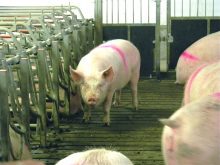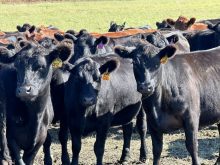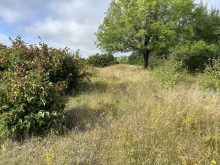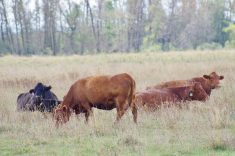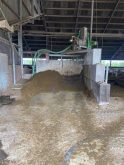Reuters / Sales of organic products in Britain continued to decline last year in contrast to continental Europe but the horsemeat scandal has sparked a revival, the country’s main organic certification body, the Soil Association, said March 20.
“In the worst economic downturn in living memory, it’s not surprising to find subdued sales of a wide variety of goods and services — and the U.K. organic sector is not immune to these,” business development director Jim Twine said.
Sales dipped 1.5 per cent in 2012 to 1.64 billion pounds ($2.48 billion), continuing a downward trend linked to Britain’s prolonged economic downturn. Sales fell 3.7 per cent in 2011.
Read Also
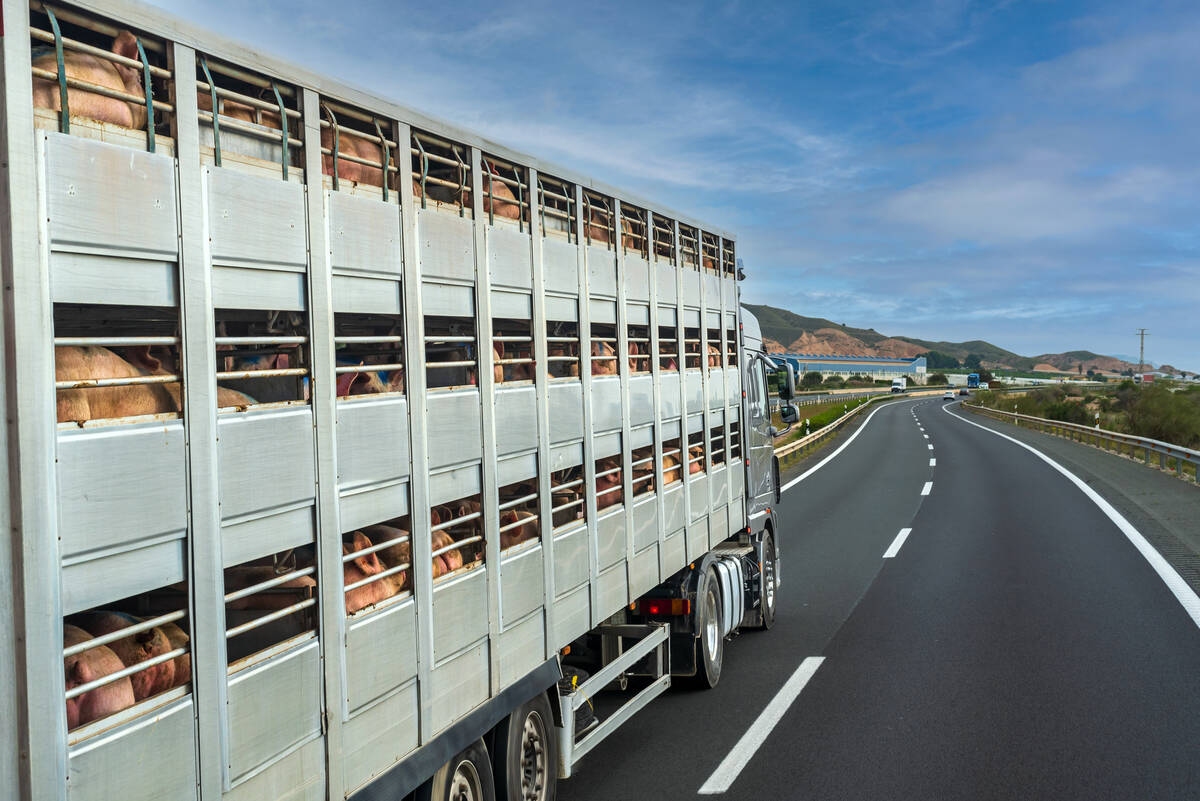
Pig transport stress costs pork sector
Popular livestock trailer designs also increase pig stress during transportation, hitting at meat quality, animal welfare and farm profit, Agriculture and Agri-Food Canada researcher says
The Soil Association, in its annual report, said European sales of organic products had, in contrast, risen 25 per cent since the start of the global economic downturn in 2008.
“Our government has much to learn from its European counterparts who back the organic sector strongly through a combination of environmentally based producer support, firm targets for public-sector procurement of organic and investment in promoting organic products,” the report said.
The Soil Association said, however, the horsemeat scandal had a positive impact with recent figures from market research firm Kantar Worldpanel showing total supermarket organic sales rose 8.4 per cent in February versus January.
“Total supermarket organic sales increased to their highest level in nine months indicating consumers choosing to buy organic as a guarantee of integrity,” the association said.
Europe’s horsemeat scandal erupted in January, when testing in Ireland revealed that some beef products also contained equine DNA. It has since spread across the continent, ensnaring numerous well-known brands, prompting product withdrawals, consumer concerns and government investigations into the region’s complex food-processing chains.
The report said U.K. organic farmers had a challenging year, in common with their non-organic counterparts, with high feed and fuel prices compounding the impact of the worst weather conditions for many years.
In July 2012, the U.K.’s organic land was reported to be 656,000 hectares, down 8.7 per cent from a year earlier and now representing 3.8 per cent of the country’s agricultural area.
“There is a real risk that if retailers do not work with U.K. organic farmers and growers, the market could become restricted due to supply shortages,” Twine said.






